We developed housing in peri-urban slums for 314 families and submitted 1500 tenure security applications to the government on behalf of residents.
હોમ્સ ઇન ધ સિટી
અમે શું કરીએ છીએ
અમારાં કાર્યોમાંથી વિષયવાર વધુ જાણો
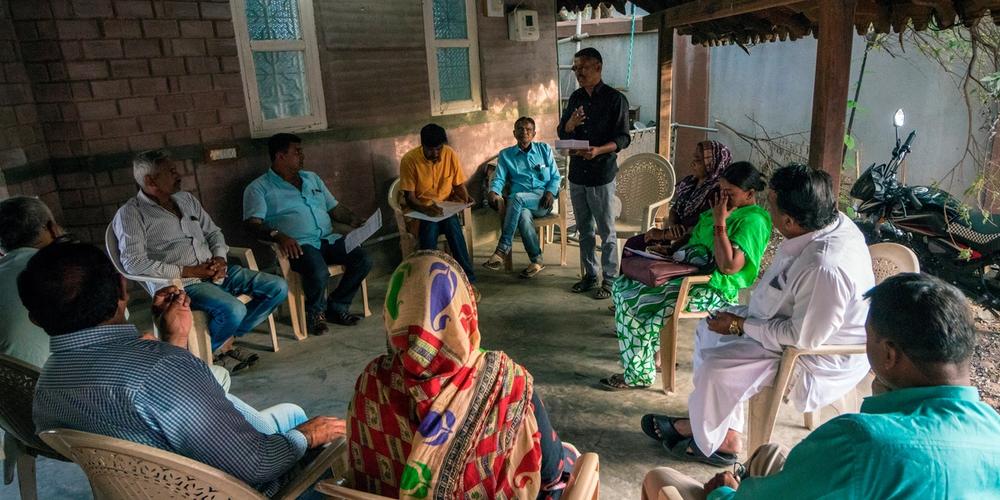
Participatory Governance
We work to increase people’s participation and strengthen democracy through decentralisation of civic powers.
વધુ વાંચો
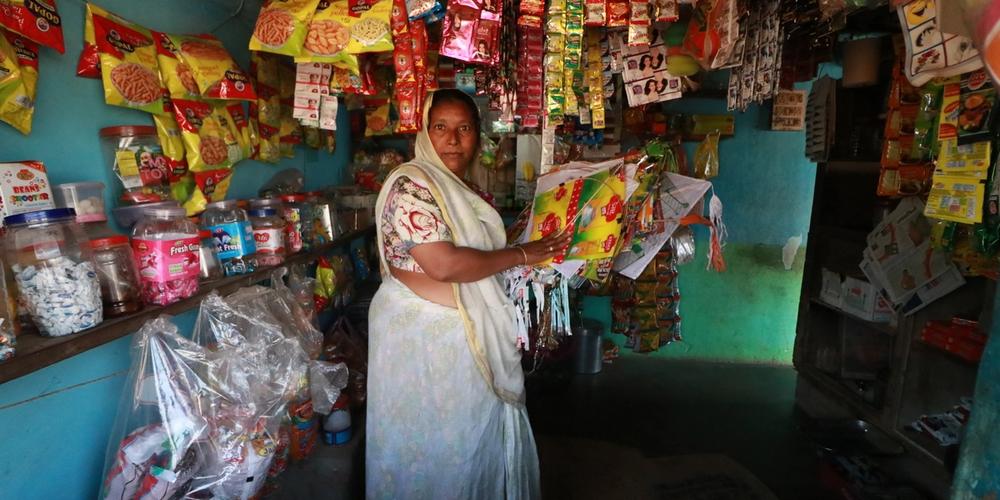
મહિલા સશક્તિકરણ
અમે વંચિત સમુદાયોની મહિલાઓ અને કિશોરીઓને નેતૃત્વ વિકસાવવા માટે, તેમજ તેમની સુરક્ષા સુનિશ્ચિત કરવા માટે, એક મંચ પ્રદાન કરીએ છીએ.
વધુ વાંચો
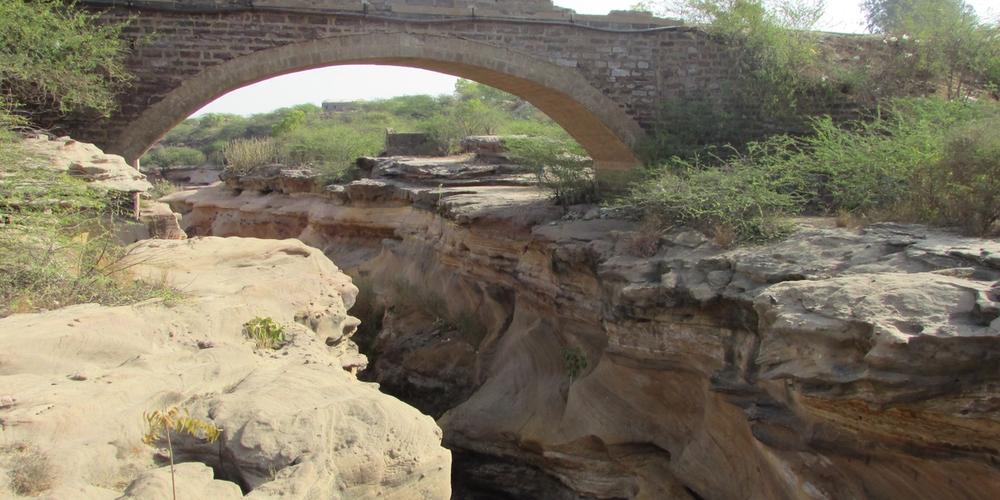
વાતાવરણ પરિવર્તન
જળસ્રોતોને સુરક્ષિત કરી શકાય, શહેરમાં વનીકરણ કરી શકાય અને વાતાવરણના પરિવર્તનથી અસરગ્રસ્તોને ટકી રહેવા સક્ષમ બનાવવા માટે અમે લોકોને સાથે જોડીએ છીએ.
વધુ વાંચો
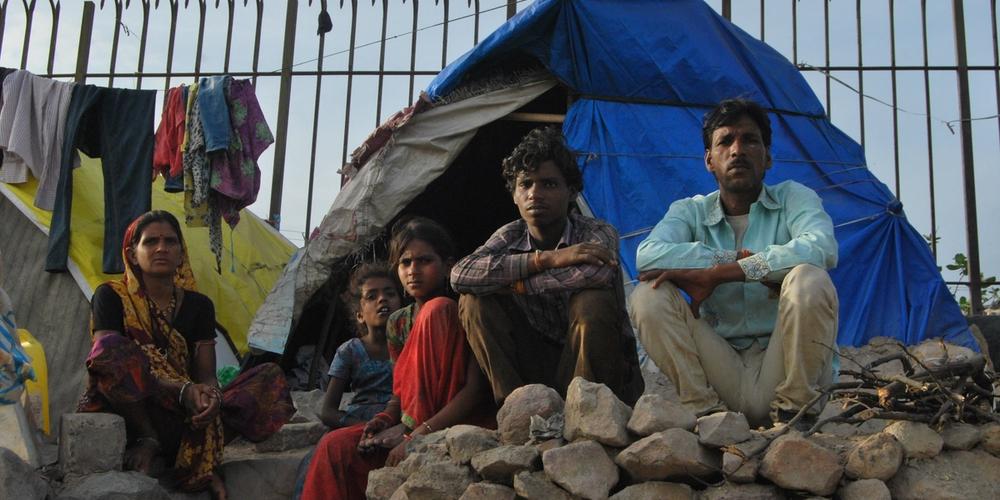
શ્રમિકોની ગરિમા
અમે શહેરમાં પ્રવાસી મજૂરો, યૌનકર્મીઓ, કચરો એકત્રિત કરનાર માટે સમાનતા, ગૌરવ અને માન્યતા સુનિશ્ચિત કરવા સંગઠિત થઈ કાર્ય કરીએ છીએ અને એડવોકસી કરીએ છીએ.
વધુ વાંચો
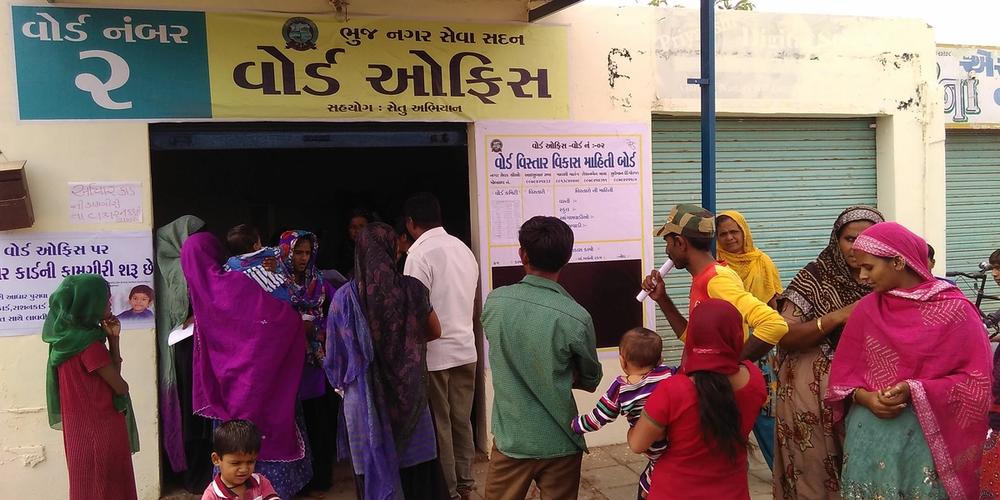
હક્ક મેળવવાનો અધિકાર
અમે વંચિત સમુદાયોને સરકારી યોજનાઓની સેવા અને આવાસ યોજનાનો લાભ લેવા માટે સહયોગ આપીએ છીએ.
વધુ વાંચો
વિવિધ માહિતીઓને જોડતા આંકડાઓ
દરેક માપદંડ એક વાર્તા કહે છે
અમારી સાથે જોડાઓ
અર્થપૂર્ણ રીતે અમારા કાર્યમાં જોડાઓ
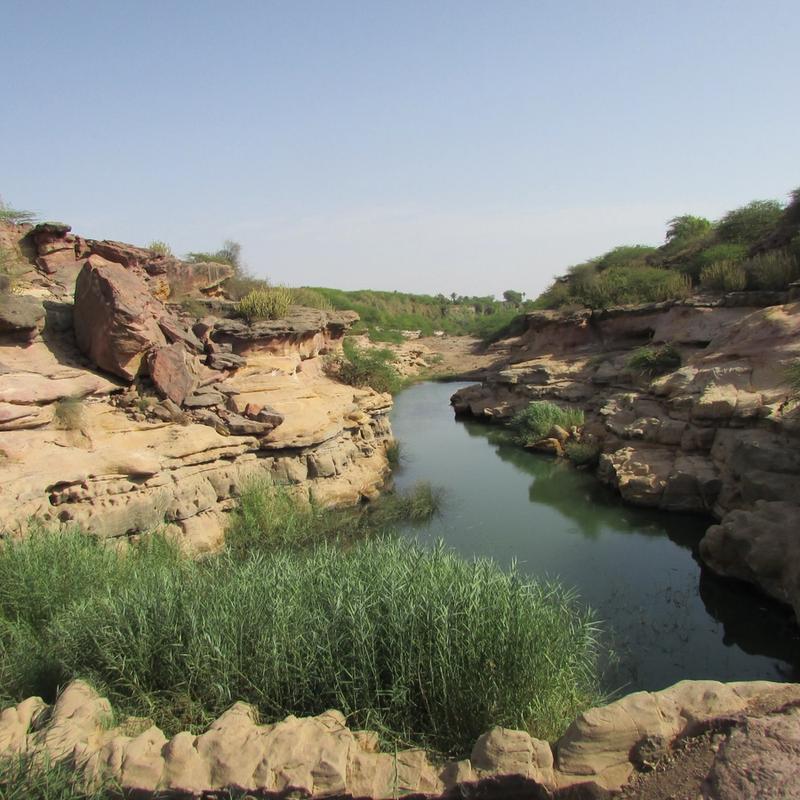
નવીનતમ અપડેટ્સ અને સંસાધનો
અમે શું નવું કર્યું એ અહી જુઓ
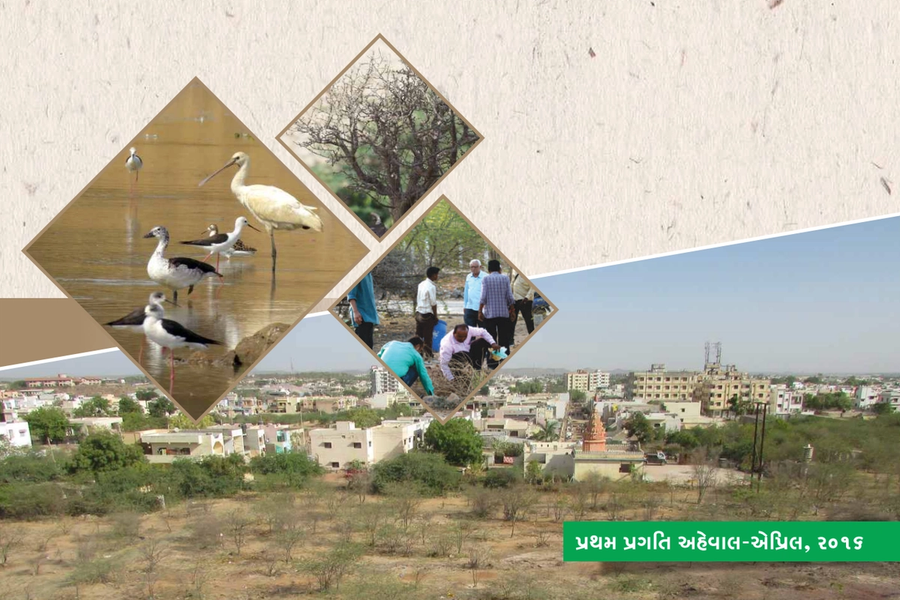
Documentation and Protection of Environmentally Sensitive Areas of Bhuj City
Lorem ipsum dolor sit amet, consectetur adipiscing elit. In ultricies augue et urna molestie eleifend.
વધુ વાંચો
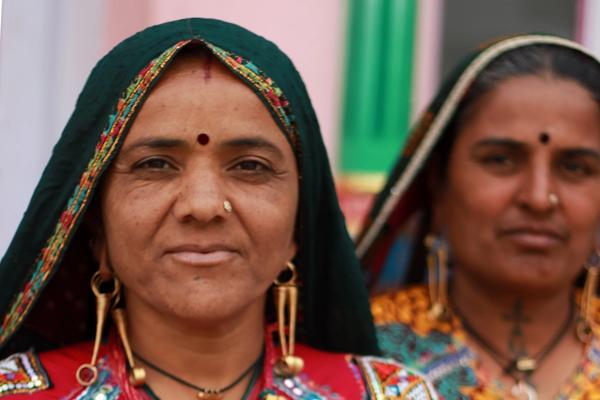
Changing the lives of women through self help groups
વધુ વાંચો
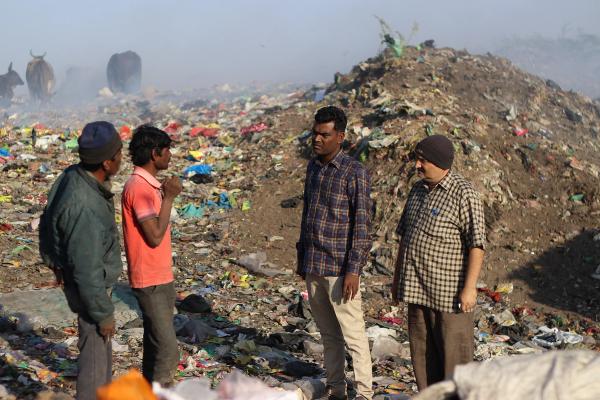
Solutions to solid waste management
વધુ વાંચો
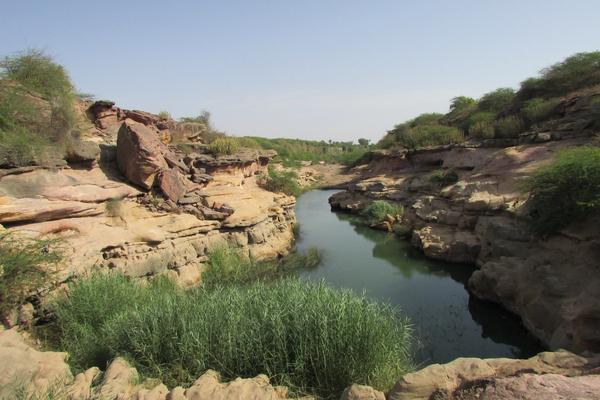
Trees of Bhuj
વધુ વાંચો




